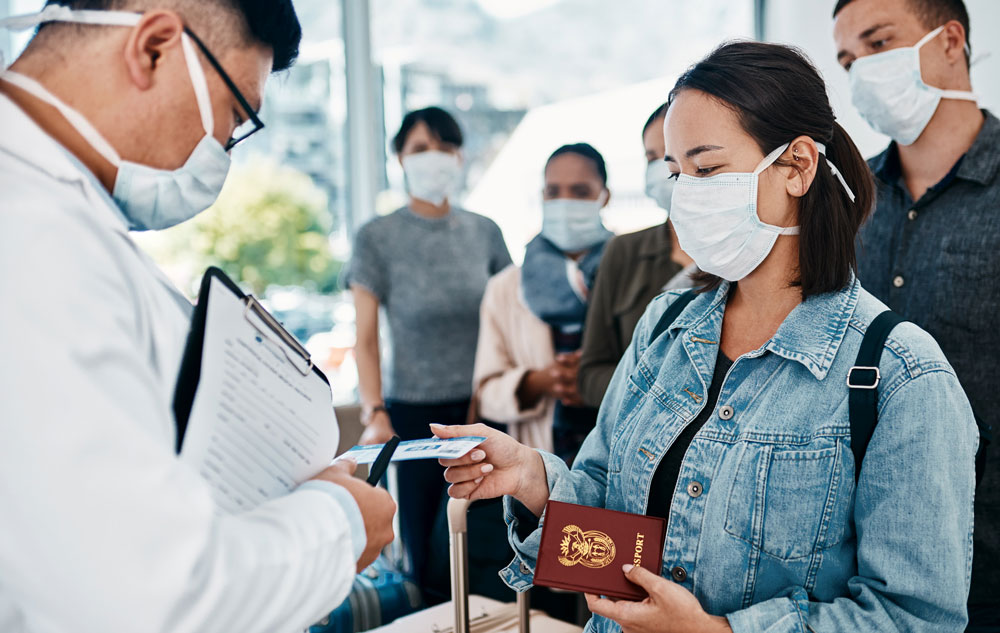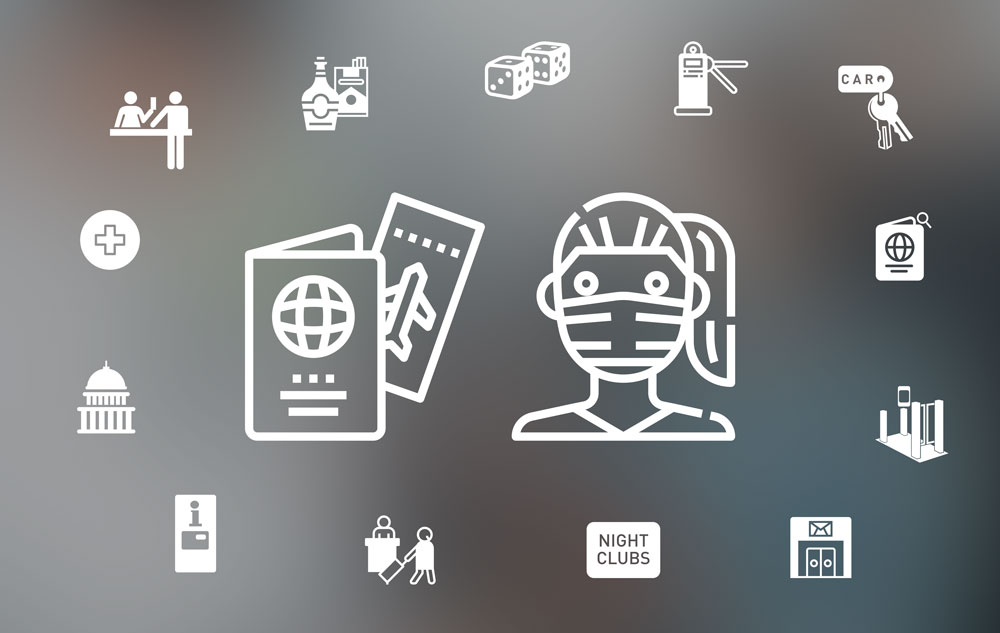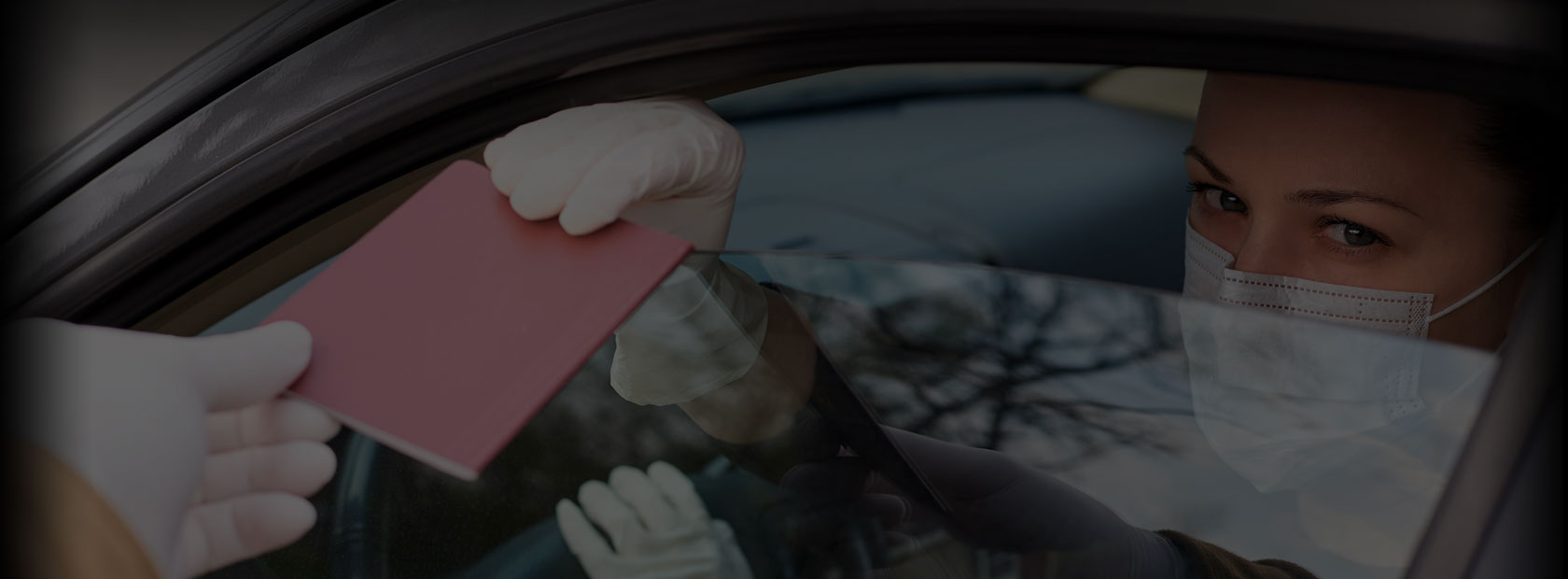About Contact Tracing
It is a term that coronavirus made well-known on a worldwide level. Instead of sharing a long definition, we start with an example.
A person’s infection test turns out to be positive, then ordered to stay in quarantine. The same day, two other persons are identified as coronavirus cases. Authorities immediately start the contact research process. It’s a thorough action to find out whether the infected persons were in contact with other people before it became clear they were COVID-19-positive. They also check if people spending time with the infected got infected as well or whether they have already spread the virus to others.
Such research is incredibly complex, sometimes even impossible, as it requires a swift collaboration between authorities, companies, and individuals. And, simultaneously, time is running out and the tracking of the virus gets harder and harder.
When Our Identities Matter
In contact tracing, the key is when and how persons – identities – met and possibly spread the virus. When the identities are well-tracked, more and more places perform proper identity verification. Also, the research gets straightforward, staying in control.
Let’s take a good example, Vietnam. In that country, contact research implied collecting personal data at many locations where it has not been a standard before. These places include cinemas, gyms, festivals, and more. Moreover, data collection started in the pre-quarantine phase and offered plenty of valuable data, the proper input for contact research.

Ways for Performing Identity Verification
Over the past decades, identity verification has evolved a lot. Its different methods have become more and more complex and it needs a thorough evaluation today to find out which approach is the best for a specific scenario. We have face verification and fingerprint scanning as popular biometric tools. Another way is ID document verification by using purpose-made ID document scanners or mobile applications.
Using the ID checks you can instantly get the name and personal details of the individual. So when it is about finding possible contacts, it is a question of a simple database query. Extracting ID data takes only 1-2 seconds when using professional equipment, and in addition to getting accurate personal information, some models are even capable of detecting fake and forged documents.

Changes in the Identity Verification Market
Identity verification surrounds us – always improving, getting more digitized, quicker, and reliable, such as all the KYC programs, the anti-money laundering actions banks, and financial institutes perform, or simple hotel check-in, just to mention a few.
COVID-19, as it did with so many sectors, totally stirred up the ID business as well. Some applications nearly disappeared temporarily, if we think about hotels, festivals, or any environments where people gather, unlike those areas that experience outstanding growth like the logistic centers due to the increase of online shopping or the hospitals and health centers where identity verification became more elementary than it has ever been.
But How Will It Be in the Post-COVID Era?
The virus also taught us to be more cautious and it showed us that collecting personal data is crucial during the fight against the virus – at some locations where it has never been a standard.
What if ID checking becomes a must in cinemas, churches… festivals, or gyms? In Vietnam, this helped. The technology is in our hands to get accurate data quickly. We see that ID scanning will appear at more and more locations and become part of our lives.
If you’re looking for an ID verification solution, either for a hospital, casino, car rental – or any environment where people interact, feel free to get in touch with our experts:


